For those of you who have sensitive skin, the search for the right anti-aging skincare products might feel endless.
I completely understand. Many of us desire younger, smoother, more radiant skin, but what if the products intended to help us achieve this, irritate our skin instead?
Personally, I’ve battled with sensitive skin for years and understand the struggle of wanting to fight fine lines and wrinkles while trying to avoid redness, dryness, or uncomfortable reactions.
But the silver lining? You can have both, effective anti-aging care and calm, happy skin. It’s all about knowing which ingredients to choose and which ones to avoid. This is exactly why I’m here.
In this article, I’ll cover the best anti-aging skincare for sensitive skin, why choosing the right ingredients is critical and walk you through maintaining youthful, glowing skin without irritation.
I will guide you on building an anti-aging skincare routine that works for your skin type as well.
Key Takeaways
- Sensitive skin requires gentle and hydrating products to prevent irritation while treating skin aging.
- Find serums and moisturizers targeted towards hydration, barrier protection, and skin soothing.
- Steer clear of retinoids, anything with alcohol or fragrances, as those may cause reactions.
- Good ingredients for anti-aging on sensitive skin are peptides, hyaluronic acid, and niacinamide.
- Construct a regime that combines protective care, hydration, and appropriate interventions for your skin.
Understanding Sensitive Skin: Why It Matters
Before we jump into the world of anti aging skincare, let us ensure we understand sensitive skin accurately.
You might know it very well: skin that reacts to specific products, ingredients and even environmental factors. These reactions can be in terms of redness, dryness, burning sensation or even itchiness.
Sensitive skin may be caused due to multiple reasons such as family history, pre-existing skin conditions like eczema or rosacea, or a compromised skin barrier.
When the barrier is compromised, the skin is incapable of protecting itself from irritants resulting in reactions. For sensitive skin types, everything from a new serum to weather changes could trigger flare-ups.
So, why does this matter when looking for anti aging skincare? Anti-aging skincare often seem to offer an overwhelming array of products, all claiming to fight fine lines, wrinkles and age spots, which are usually loaded with powerful ingredients.
But many of these ingredients–retinol, exfoliating acids, or even alcohol-based formulas–tend to make sensitive skin conditions worse. That is why it is important to blend anti aging efficacy with gentleness on the skin.
Key Ingredients to Look for in Anti-Aging Skincare for Sensitive Skin
Fighting signs of aging and keeping your skin healthy requires some key ingredients.
These ingredients moisturize your skin while protecting it from inflammation irritations. These elements coupled with sensitive skin, will ensure your skin is well nourished.
Hyaluronic Acid: Hydration for Aging Skin
If you have sensitive skin, then, hyaluronic acid will be your best friend. It is one of the most powerful hydrating ingredients out there and it is naturally found in your skin. It helps to plump up the skin.
By helping to improve the skin’s moisture balance, you will obtain a smooth and youthful skin by diminishing the appearance of fine lines.
Peptides: Collagen Boosters Without the Burn
Peptides are short chains of amino acids that help to increase collagen production in the skin.
It is the protein that keeps our skin firm, smooth, and youthful. collagen production naturally declines with age, resulting in wrinkles and sagging skin.
Collagen production is non-irritating; therefore, they are great for sensitive skin types.
Peptides help boost skin strength, repair damaged barriers, smooth out skin texture, and soften the skin—without the discomfort of more aggressive anti-aging solutions.
Niacinamide: Soothing and Strengthening
Another ingredient is vitamin B3, and niacinamide is an ingredient that sensitive skin will especially be grateful for.
It improves the overall skin condition by reducing redness and irritation. Strengthening the barrier is crucial for sensitive skin, and niacinamide does this as well.
This ingredient is wonderful at evening out skin tone, pore size, and inflammation—while gentle on the skin.
For those of us looking for an anti-aging ingredient that’s soothing and doesn’t jeopardize the health of the skin, this is a wonderful option.
Vitamin C: A Brightening Anti-Aging Hero
Vitamin C has wonderful skin brightening and anti-aging properties. It protects against free radicals while diminishing dark spots and promoting healthy, glowing skin.
Vitamin C is crucial to sensitive skin. While forms such as ascorbic acid can be irritating, stabilized versions such as sodium ascorbyl phosphate are much gentler, and allow you to fully reap all the brightening benefits.
Aloe Vera: The Soothing Agent
We can safely state that aloe vera is among one of the most effective herbals aids for inflammation. Being anti-inflammatory makes it smoothen sensitive skin. Therefore, aloe vera becomes a natural ingredient in an anti-aging skin care line.
Aloe Vera helps to sooth red, irritated skin while still hydrating it, which is essential for aging skin. While tackling the aging issue, the skin achieves calmness and comfort through reduced redness and inflammation.
Best Anti-Aging Skincare Products for Sensitive Skin
Having discussed key ingredient considerations, let’s move to the most suitable anti-aging skincare products for sensitive skin. These sensitive skin anti-aging products are formulated with care, so you won’t suffer from any irritation while working on the wrinkles, fine lines, and other aging signs.
Gentle Cleansers for Sensitive Skin
Every skin care regimen starts with a cleanser, and for sensitive skin, the best products do not over-cleanse. Look for a moisturizing, non-soap cleanser that will not strip moisture from the skin. The CeraVe Hydrating Cleanser is an excellent option as it is fragrance-free and contains ceramides and hyaluronic acid, which aids in restoring moisture while dirt and impurities are being washed away.
Soothing Serums for Anti-Aging Benefits
This class of cosmetics is good for specific concerns. Picking a serum for sensitive skin means looking for calming, and hydrating ingredients. The La Roche-Posay Pure Vitamin C Serum contains stabilized Vitamin C that brightens skin without irritation and inflamed skin while aging skin is soothed with the help of its Vitamin C enriched, anti-oxidative gentle formula.
Moisturizers for Nourishment and Repair
Moisturizers are essential for protecting sensitive skin and combating aging. You definitely want one that hydrates and fortifies your skin barrier. A good example is Neutrogena Hydro Boost Water Gel which is a lightweight water gel moisturizer, non-comedogenic, and has long-lasting effects. Sensitive skin does well with Hydro Boost Gels since the sensitive skin gets hydration without any heaviness. It is also non-greasy so you don’t have to worry about feeling slimy.
Sunscreen: Never Skip This Step
Unlike the aging line where you could take things lightly, sunscreen will always be an absolute must. Best recommended for sensitive skin is The EltaMD UV Clear Broad-Spectrum SPF 46. Packed with niacinamide, this sunscreen keeps the skin calm while offering great protection from the sun. It does not irritate nor does it clog pores which is fantastic sunscreen for sensitive skin.
How to Build an Anti-Aging Skincare Routine for Sensitive Skin
Building an anti aging regimen for sensitive skin is simple to tackle. It’s best to be kept simple with aging-targeting products free of harsh chemicals that strip the skin. This is the skeletal structure I would recommend:
Morning Routine:
- Step 1: Cleanse – Cleanse the face with a warm water and a soothing hydrating cleanser.
- Step 2: Apply a Serum – A serum containing soothing ingredients, anti-aging Vitamin C, or peptides should do the magic.
- Step 3: Moisturize – Lightweight moisturizers specially formulated to lock in water and protect the skin barrier should be used.
- Step 4: Never Forget Sunscreen – Preventing further aging is achieved by always finishing off with broad spectrum sunscreens.
Evening Routine:
- Step 1: Cleanse – Use warm water to gently scrub the skin, removing makeup and dirt.
- Step 2: Apply Serum – Hyaluronic acid or niacinamide calming serums are best suited to replenish and restore moisture.
- Step 3: Moisturize – Richer moisturizers fortified with host ingredients are neon labeled to lock in moisture and recover skin overnight.
- Step 4: Eye Cream (Optional) – Eye creams fortified with soothing ingredients meant to target inflammation will work wonders if dark circles bother you.
Common Mistakes to Avoid with Sensitive Skin and Anti-Aging Skincare
1. Using Too Many Products at Once
There’s no need to throw endless products at sensitive skin. Allow time for your skin to adjust alongside a simple regimen.
2. Ignoring SPF
Spend time outside? Yes, but that’s not the only reason you’d need sunscreen. Aged skin does need a significant amount of care, and UV rays could speed up the damage. Never miss this step..
3. Over-exfoliating
The removal of dead skin cells via exfoliation may feel refreshing, but over-exfoliating can be damaging.
My Opinion
Finding suitable anti-aging skincare does not need to take hours of thought.
Worrying inflamed skin can be educated with substances like humectants, emollients, and gentle botanical extracts.
Therefore, sensitive skin can absorb these ingredients without complications. Make gentle chemicals your goal, since softened skin does need attention, so keep them protected and irritable free for a long radiant youthful glow.
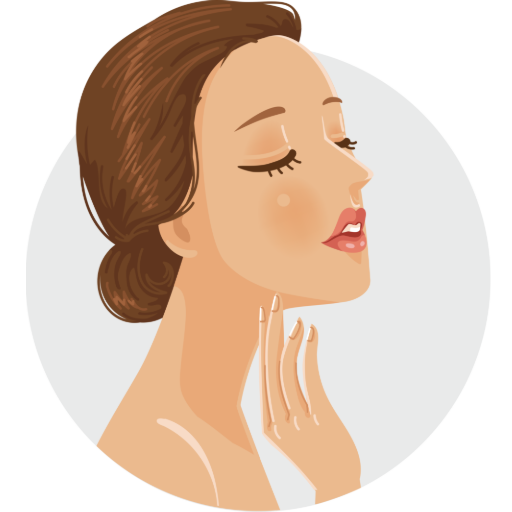
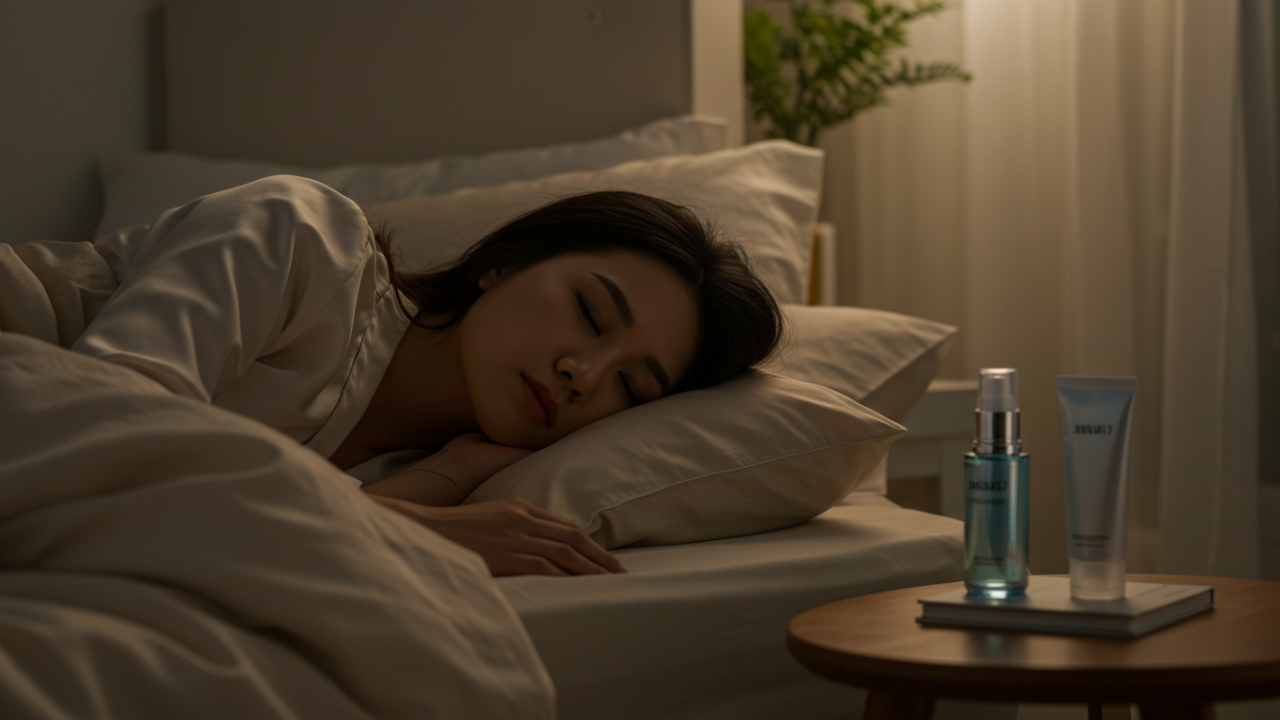
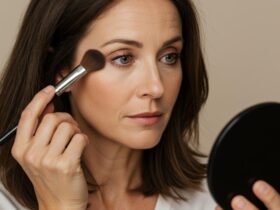

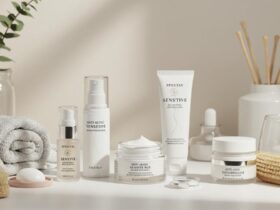
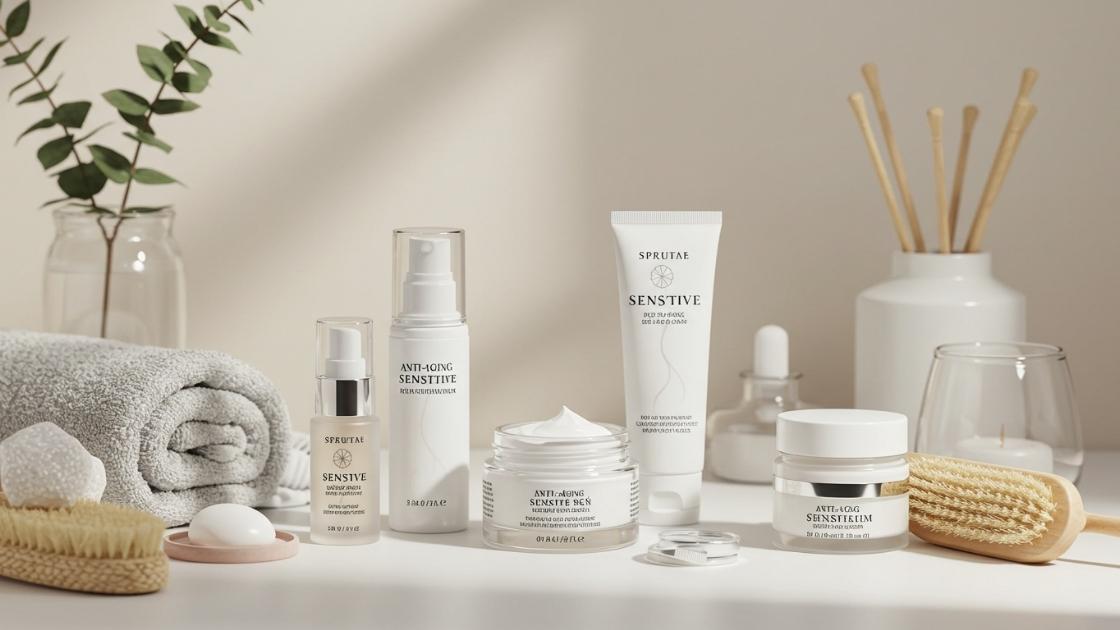
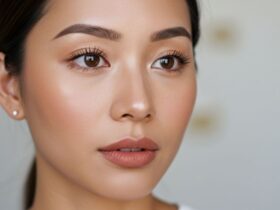
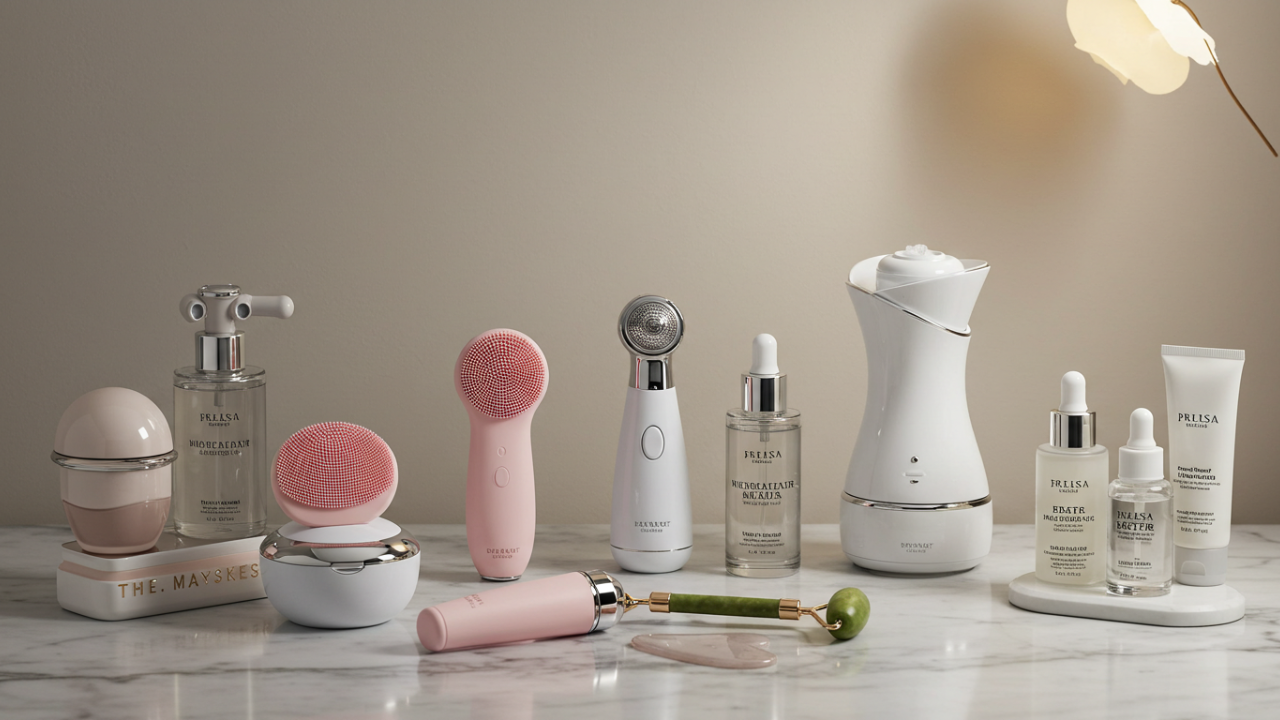
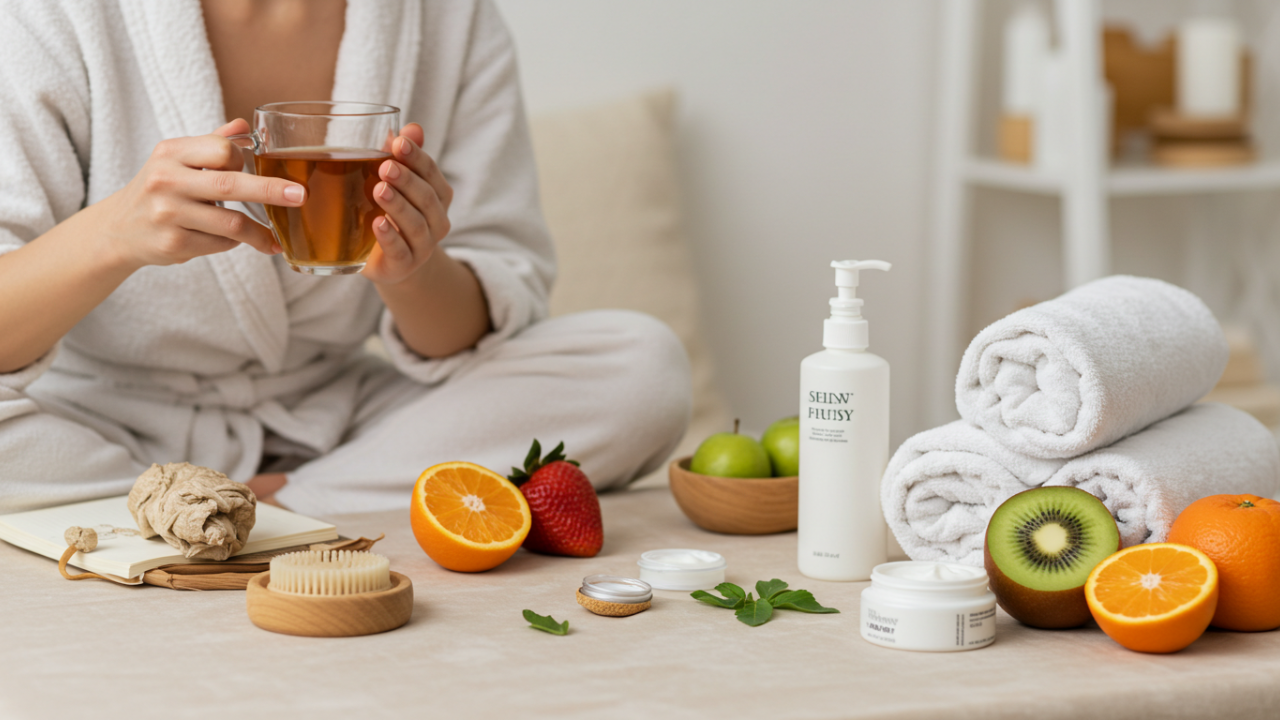

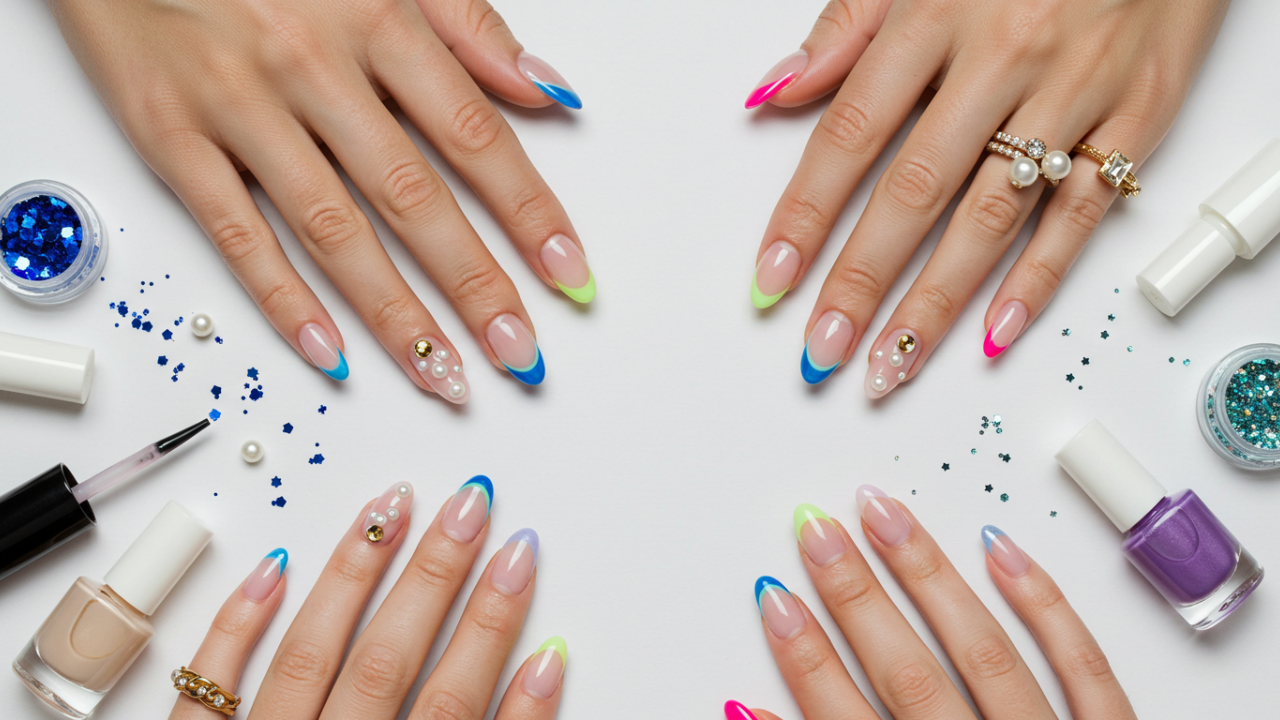
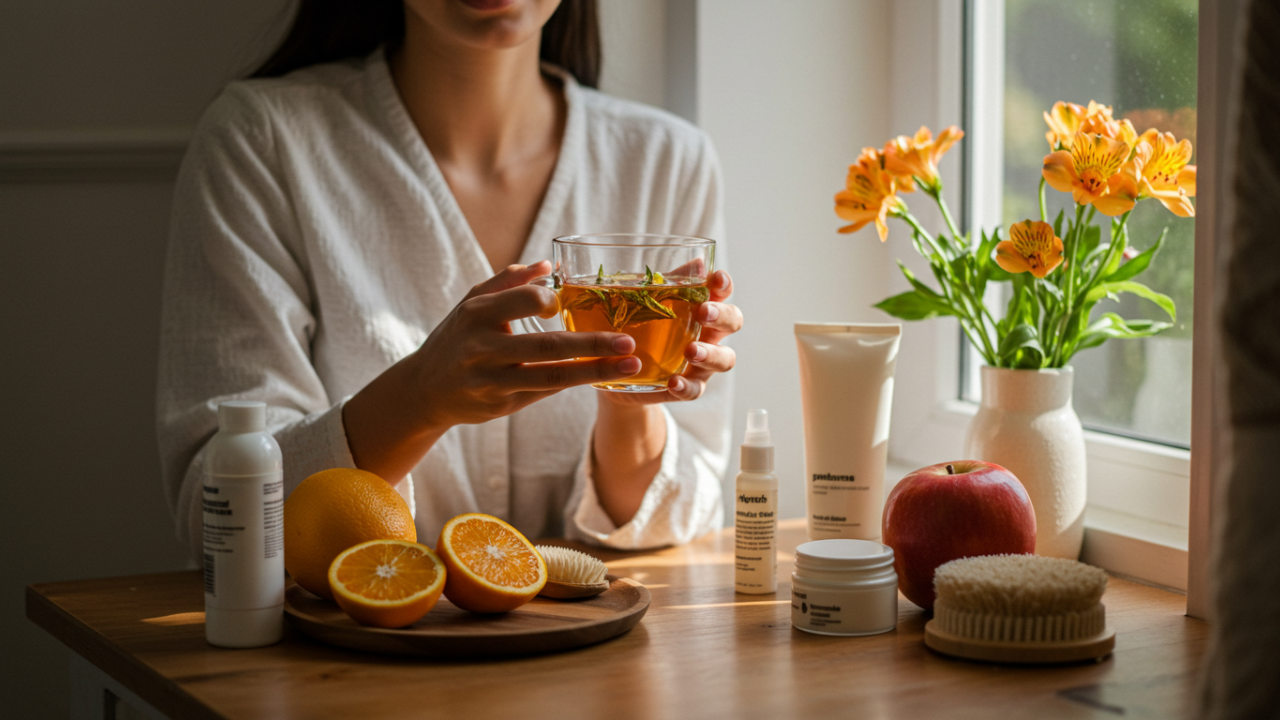
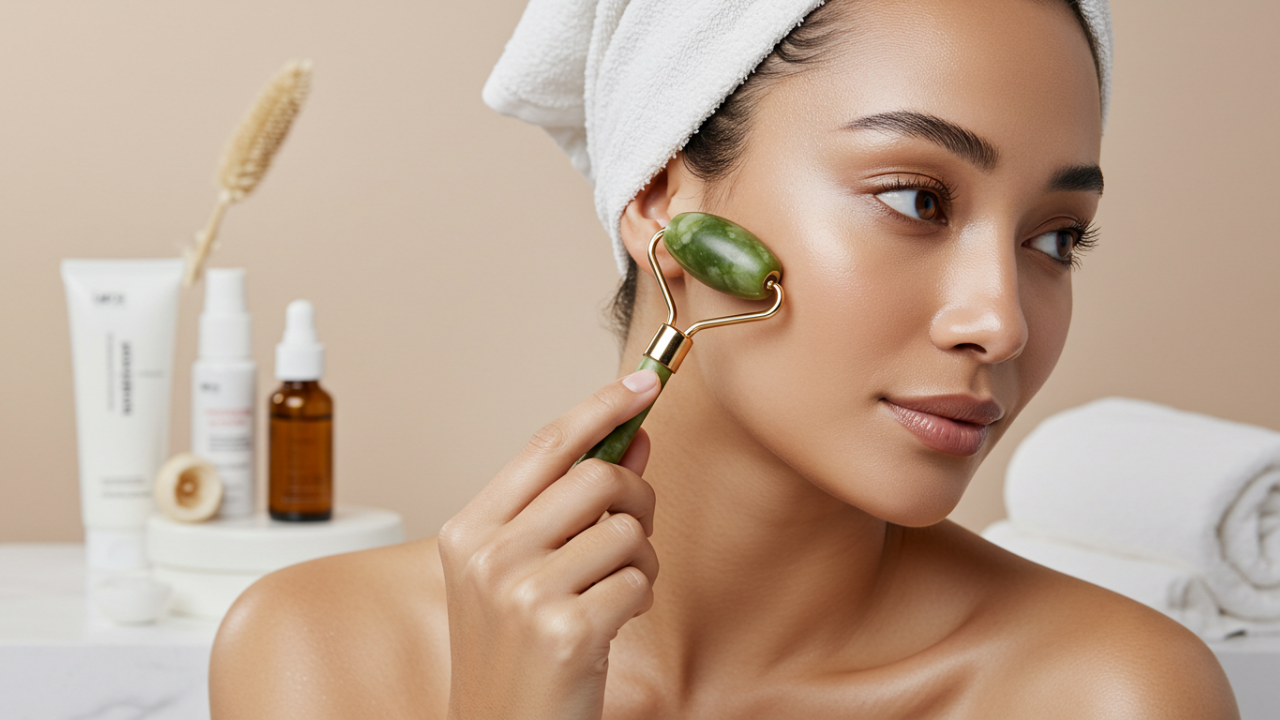
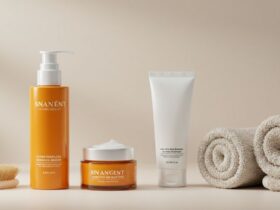

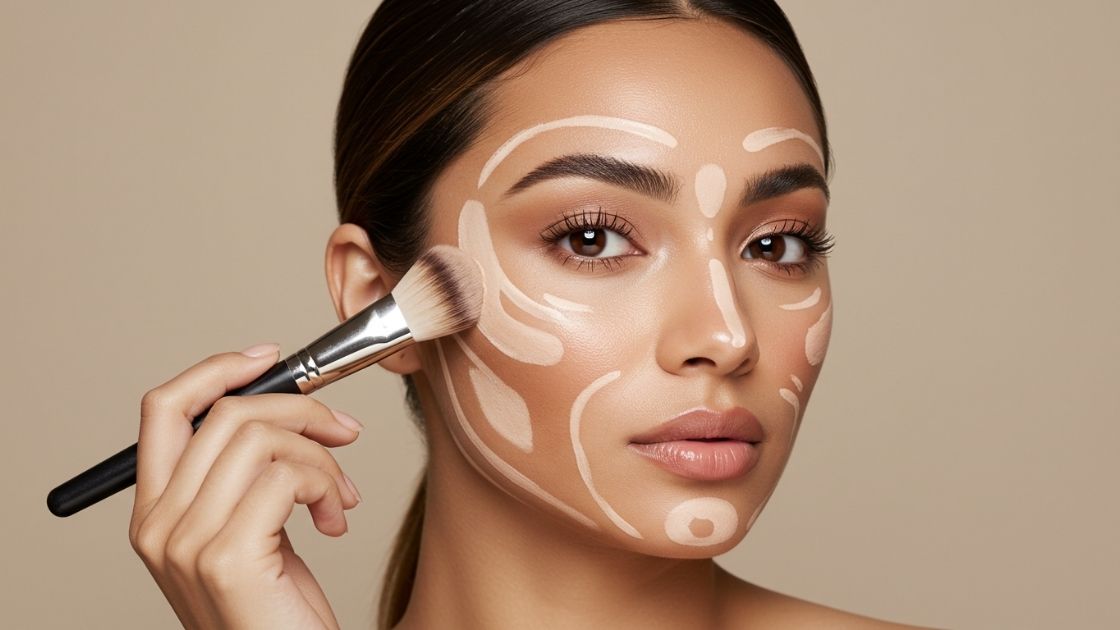

Leave a Reply
View Comments